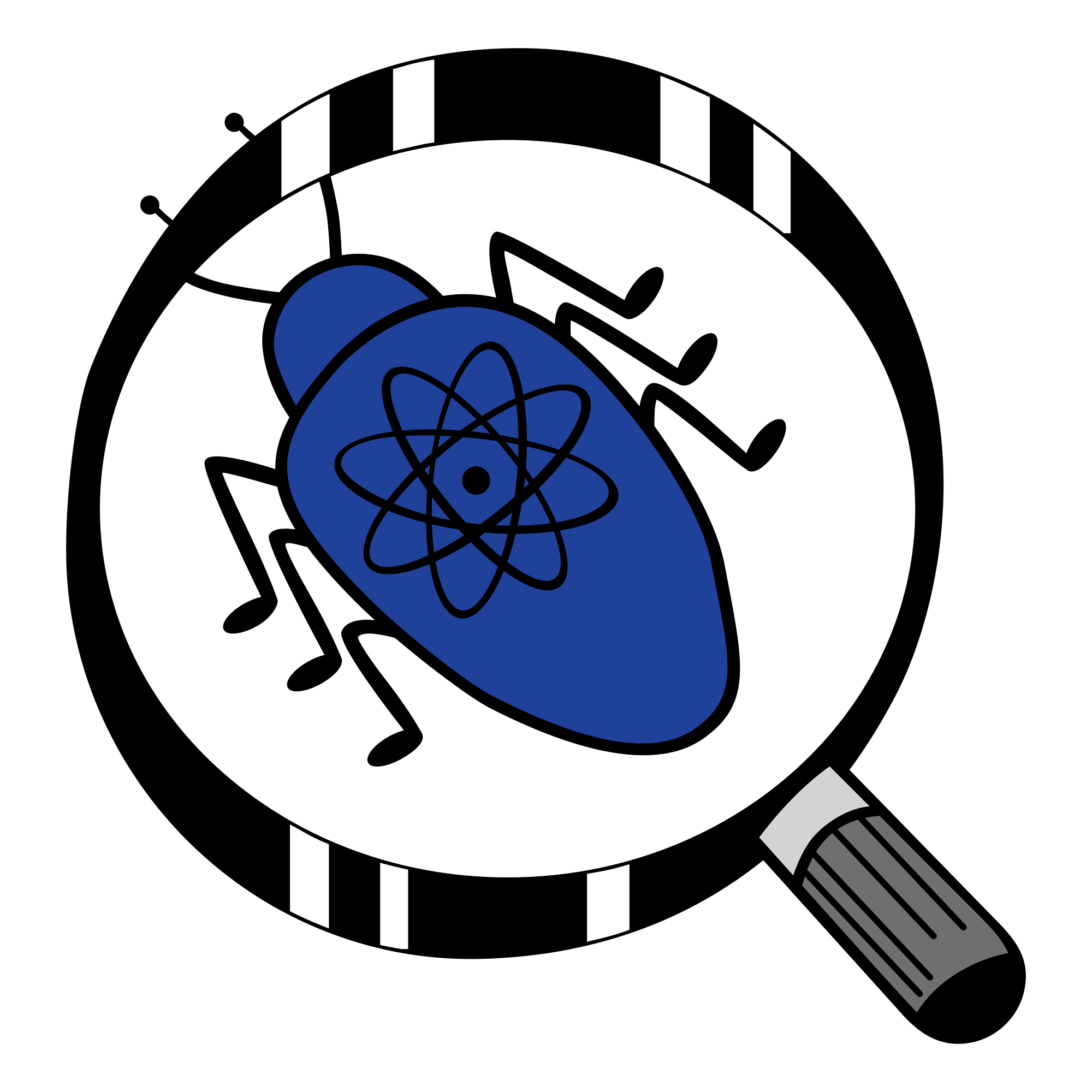Entry Deadline
All registration forms must be received and approved by Friday March 1, 2024.
Student will register their project information and report digitally, which will send an email to the teacher or advisor listed in the registration. The teacher will then need to follow the instructions in the email to approve each project for entry into the regional fair.
Important Rules
- No more than two (2) students may work on a project.
- If students from two (2) grades work on one project, it will be judged at the higher grade.
- Both students must be in Grade six (6) or higher.
- Students in Grades 6 to 12 may enter the fair. Grade Six (6) students (Atom Division) are not eligible to win a trip to the Canada Wide Science Fair.
- Each school selects their own entries using the school quota laid out below.
- Refer to the list of eligibility guidelines below to determine if a student’s project can be entered in the science fair.
General Information
Challenges: Projects at UCSF will be categorized according to the challenges set by Youth Science Canada (mySTEMspace). Students will need to choose which challenge is best addressed by their project:
- Agriculture, Fisheries, and Food
- Curiosity and Ingenuity
- Digital Technology
- Disease and Illness
- Energy
- Environment and Climate Change
- Health and Wellness
- Natural Resources
Divisions:
- Atom (Grade 6)
- Junior (Grades 7 & 8)
- Intermediate (Grades 9 & 10)
- Senior (Grades 11 & 12)
Types of Projects:
- Experiment: Predict the results of a test you can perform. Carry out the test. Collect the results, make sense of the results, and draw conclusions.
- Study: Collect a lot of information from observing the world around you. Consult books, magazines, experts, Internet, etc. Sort it out and summarize the important and interesting points. It may be difficult or impossible to control the variables.
What commitment do I need to make to involve students in Science Fair?
Many schools assign Science Fair as a class project. For more information on how this could work for you, refer to the Scientific Inquiry continuum (elementary) or to the Scientific Investigation Skills strand (secondary) in the Ontario Curriculum Document.
Some schools run a science fair and the winners move on to our Regional Fair. In other cases, students complete projects independently and request teacher assistance with the registration process
Project Eligibility
PROJECTS INVOLVING TESTING ON ANIMALS OR HUMANS REQUIRE SPECIAL ARRANGEMENTS. You must contact us before beginning a project. you will also need to carefully review and complete the human informed consent forms if applicable.
Jason Marshall, UCSF Chair
cell 343-370-7469
chair@ucsfair.org
Firearms and/or Explosives: Your project is NOT ELIGIBILE for the fair.
Human: You must contact the UCSF chair outlining your proposed use of human research participants BEFORE beginning your project.
Animals: Projects involving animals will be eligibile for the fair only under certain (rigid) conditions. You can OBSERVE animals with a backbone (i.e. vertebrates such as fish, birds, dogs, cats, lizards, hamsters, mice, humans, etc.) in their natural habitat. You CANNOT use animals with a backbone in any active investigations. You CANNOT display animals at the fair. Fertilized eggs must NOT be part of any investigation.
Micro-organisms and/or molds: Some are prohibited by law. You must contact the UCSF chair outlining your proposed use of micro-organisms and/or molds BEFORE beginning your project.
Plants and/or Soil: Government regulations prohibit soil and plants from being displayed at the Canada-wide Science Fair. However, they are allowed at the United Counties Science Fair.
Manipulation of DNA and/or Animal Viruses: You must contact the UCSF chair outlining your proposed manipulation of DNA and/or animal viruses BEFORE beginning your project.
